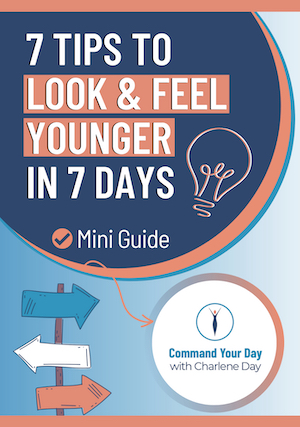The connection between food and mood is more than you may think. Food and sleep partner up as your body’s main energy suppliers. Many understand the importance of “at least eight hours of sleep a day.” Yet, the impact proper nourishment has on your mood flies under the radar.
Nutritious foods
A nutrient-packed meal can make you feel energized and happy because your body receives grade-A fuel from high-quality proteins, seasonal fruits and vegetables, and more. Meanwhile, you may feel sluggish, tired, and unmotivated after eating a meal containing refined carbohydrates, sugar, high levels of sodium, and unhealthy fats. Yes, you’re supplying your hunger, but you’re giving your body food that is hard to break down.
During your next grocery run, steer clear of candy, syrups, sweetened beverages, white bread, and other items that contain excess amounts of sugar and refined carbohydrates. Instead, let’s steer toward healthier options:
- Seasonal fruits and vegetables
- Eggs
- Legumes
- Nuts and seeds
- Poultry
- Seafood
Aside from consuming nutrient-dense food, other tips can help you feel your best throughout the day.
Scheduled Eating Intervals
Listening to your body and its hunger levels is the healthiest and safest way to improve your diet. However, if your day is packed full of meetings, appointments, school work, and other responsibilities it can be difficult to remember when and what you’re eating.
Scheduled eating intervals are a great way to ensure that you’re meeting the recommended three meals a day. If you’re wondering where to start, here are some suggestions:
- Eat breakfast within two to three hours after waking up
- Eat lunch four to five hours after your first meal of the day
- Eat dinner four hours after lunch and at least two to three hours before falling asleep
These intervals fall around the time when the nutrients from a previous meal are not enough. Eating at proper times throughout the day will ensure a consistent amount of energy and happiness.
Ultimately the safest choice when it comes to eating or dieting is listening to your body. However, research has shown that suggestions like those previously mentioned can help you function better. Understanding what options work best for you can be difficult but there are coaching resources and programs to help you stay healthy,
If you’re interested in learning more about how food impacts you specifically, you can complete a food sensitivity test. Reading word after word about diets, interval eating, and healthy grocery shopping techniques can be overwhelming: You also can book a free consultation at https://www.charleneday.com/contact/.
Guest blogger
Jessica Santos



